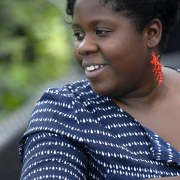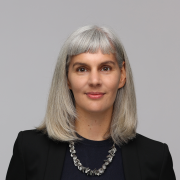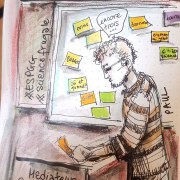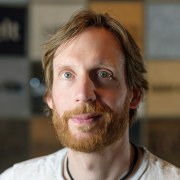Equitable collaborations through tinkering
Why are projects that target non-dominant audiences of science engagement institutions often tokenistic and performative? This workshop will explore how tinkering approaches that focus on equitable processes can help to document and address this imbalance. We will share a critical overview of two international programmes in Europe and the USA – ‘Tinkering EU: Addressing the Adults’ and ‘Facilitating Computational Tinkering’ – discussing power relationships, institutional learning and organisational changes. Facilitators will then lead guided discussions based on their individual, professional and institutional learning journeys.
Focus topics will include: How can we meaningfully include community partners in programme design? How can we create partnerships that empower communities? How do we allow institutional changes through collaborations?
This session is part of the Equity and inclusion conference track.
Session speakers
Senior project manager Education
Inka has worked across three European projects exploring Tinkering for STEM engagement. Inka will bring critical insights from the latest of these projects, ‘Tinkering EU: Addressing the adults’, with an emphasis on how it has supported partners to address power relationships, learn from community partnerships, and cascade learning into wider organisational strategies aimed at creating more equitable ways of working.
University of Colorado Boulder
As a part of the Creative Communities research group at the University of Colorado Boulder, Celeste works closely with community partners as well as researchers to design and investigate equitable computational tinkering experiences. Celeste will offer insight into the process of partnering, based on her team's experiences with engaging in collaborative research and design activities with local makerspace facilitators.
Sarah will talk about how the collaborative process with two community partners working with vulnerable groups, i.e. young refugees and migrant women, as part of the European project “Tinkering EU: Addressing the Adult” led to unexpected outcomes, inspiring yet challenging discussions and institutional learning at her organisation.
head of science communication departement in TRACES and ESPGG
Paul's presentation will focus on his tinkering co-design process with employees of the Penitentiary Integration and Probation Service (PIPS) in France for the project “Tinkering EU: Addressing the Adult”. He will share how this changed the relationship between the institutions involved in this process, and the relationship between the science communicators, detainees and the employees of the PIPS.
MIT Media Lab - Research Affiliate
San Francisco
United States
Sebastian is the co-investigator of a multi-year research project between MIT’s Lifelong Kindergarten group, University of Colorado Boulder's Creative Communities group, and the Exploratorium. Sebastian will give an overview of the guiding principles and current learnings from the “Facilitating Computational Tinkering” research project. The project investigates strategies to support educators in community organisations that engage underrepresented youth and families in computational tinkering experiences.
Professional Development Lead
San Francisco
United States
Luigi is the project lead for professional development at the Tinkering Studio. He will share about the tinkering approach to support educators in centering equity and inclusion in their work with communities.







